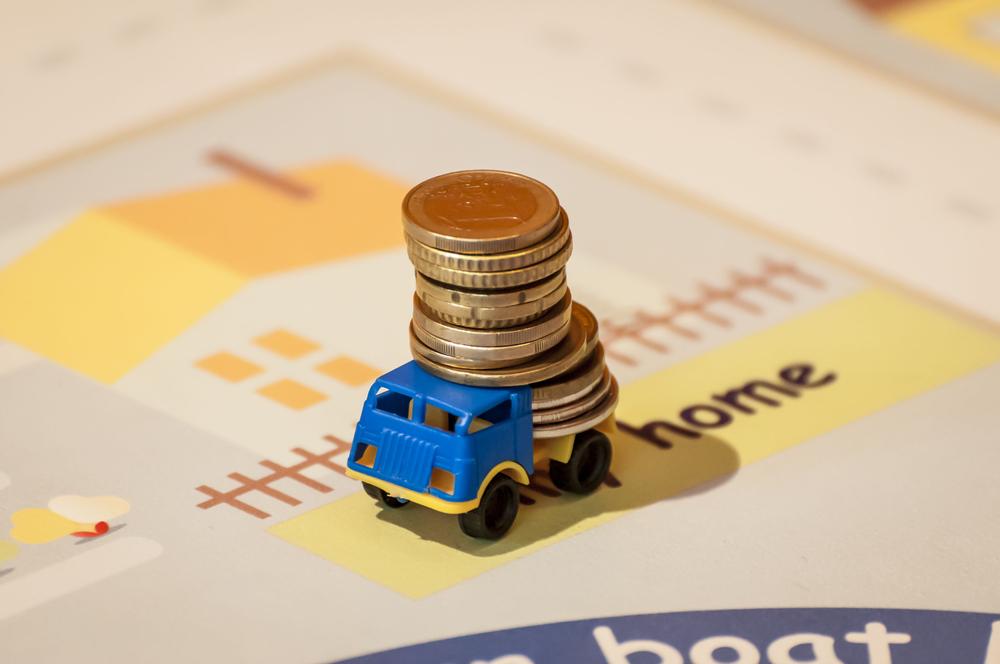9 Effective Ways To Pay Off Your Mortgage Quickly
No one wants to carry a mortgage around for a long period or into their retirement. The goal is always to get rid of the burden sooner than the due date. As it turns out, there are quite a few ways to do this.
The more you pay off, the better
The more you invest in paying off your debt, the more it will be easy for you. One of the best ways to pay off your debt quickly is to make an extra payment whenever you can, each year.

Get rid of PMI
Private Mortgage Insurance or PMI benefits and protects only your lender, in case you fail to repay regularly. But the good news is, if your down payment is less than 20% of the value of your house, only then are you required to pay PMI. So, if you just comply with the 20% down payment policy, you can avoid this expense entirely. However, if you are under the 20% mark, you should inquire about the balance amount of your mortgage and by when the 20% mark will be accomplished.
Consider refinancing
When interest rates are low, you could consider getting a new loan to pay off your older one at a lower interest rate.
Have your property re-evaluated
Keep a check on property taxes as they tend to fluctuate with the market. So, if the current tax rate is lower than when you bought the house, you have a chance of paying lower monthly payments as a result. Therefore, it is important to get your property taxes reassessed on a regular basis.
Find out about property tax exemption
Though not a certainty, but some states do offer tax exemption or credit on property taxes. You can contact your local tax commissioner to get more details about this.
Downsize to a smaller property
A smaller house guarantees a smaller mortgage payment and lesser property tax. So, if you don’t need that much space, you can think about downsizing your house.
You Might Also Like: 10 Tips For Getting A Mortgage
Any income you get, put in mortgage repayments
Any extra income you make when you get a bonus or a tax refund or through a successful garage sale, you should direct it towards your mortgage payment. This way, you’re investing in your future without affecting expenses of your daily life.
Set goals
Think about when exactly you want to be free of your debts. Plan realistically and calculate how much you need to put in each month to reach this goal. Once you have set your goals, start working on them.
Consider a 15-year mortgage
If you just want years off your debt and can afford to pay a little more every month, consider a 15-year mortgage. Although your monthly payments will be a bit higher, your interests will be lower than a 30-year term. This way you also get to save some money.
Most importantly, think about analyzing your monthly expenses and trying to avoid any expenses that you don’t really need. This way you can save more money and put it into your mortgage payments.
Keep yourself updated with the latest on Mortgage . Like us on Facebook and follow us on Twitter for more on Investments.


